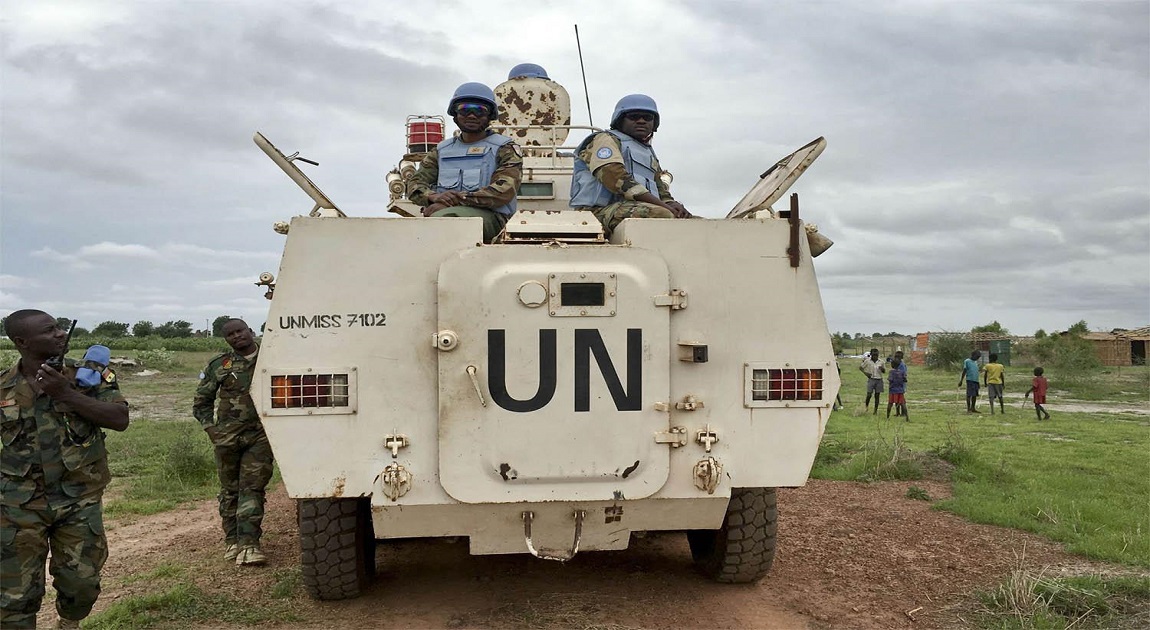The Trump administration is pushing to eliminate funding for United Nations peacekeeping missions, citing recent failures in operations in Mali, Lebanon, and the Democratic Republic of Congo, according to internal budget planning documents reviewed by Reuters.
The proposal is part of a “Passback” — the Office of Management and Budget`s (OMB) formal response to the State Department’s funding requests for the upcoming fiscal year, which begins on October 1. It outlines a drastic reduction in the State Department’s overall budget, slashing it by nearly 50%.
The United States is the largest financial contributor to the UN, providing 22% of the $3.7 billion core UN budget and 27% of the $5.6 billion peacekeeping budget. These contributions are assessed and mandatory. China is the second-largest contributor.
As part of the proposal, the OMB suggests ending all funding for Contributions for International Peacekeeping Activities (CIPA). The Passback document reads:
“Passback provides no funding for CIPA, ending contributions for international peacekeeping due to recent failures in peacekeeping, such as with MINUSMA (Mali), UNIFIL (Lebanon), and MONUSCO (DR Congo), and the disproportionately high level of assessments.”
The UN currently runs nine peacekeeping missions across the globe, including in Mali, Lebanon, the Democratic Republic of Congo, South Sudan, Western Sahara, Cyprus, Kosovo, the Golan Heights, and Abyei—a disputed area jointly administered by Sudan and South Sudan.
The OMB has also proposed the creation of a $2.1 billion "America First Opportunities Fund (A1OF)" to support a limited set of foreign economic and development initiatives. The administration indicated that any potential future payments toward the UN regular or peacekeeping budgets would come from this fund.
UN spokesperson Stéphane Dujarric declined to comment on what he described as a leaked internal memo from the US government, saying it is part of an ongoing internal debate.
The proposal echoes earlier efforts from Donald Trump`s first term, during which he sought to cut diplomacy and foreign aid budgets by one-third. However, Congress, which holds the final authority over the federal budget, rejected many of those cuts at the time. The current proposal will also require Congressional approval, and lawmakers could choose to restore funding.
State Department spokesperson Tammy Bruce confirmed Tuesday that no final decision has been made, stating, “There is no final plan, final budget,” when asked about the OMB recommendations.
The US currently owes nearly $1.5 billion to the UN’s regular budget and $1.2 billion to the peacekeeping budget, covering both arrears and the current fiscal year. Under UN rules, a member state risks losing its vote in the 193-member General Assembly if it falls more than two years behind on its dues.
UN Secretary-General Antonio Guterres, acknowledging the organization’s deepening financial crisis, said last month that the UN is actively exploring ways to improve efficiency and reduce costs as it marks its 80th anniversary this year.





































